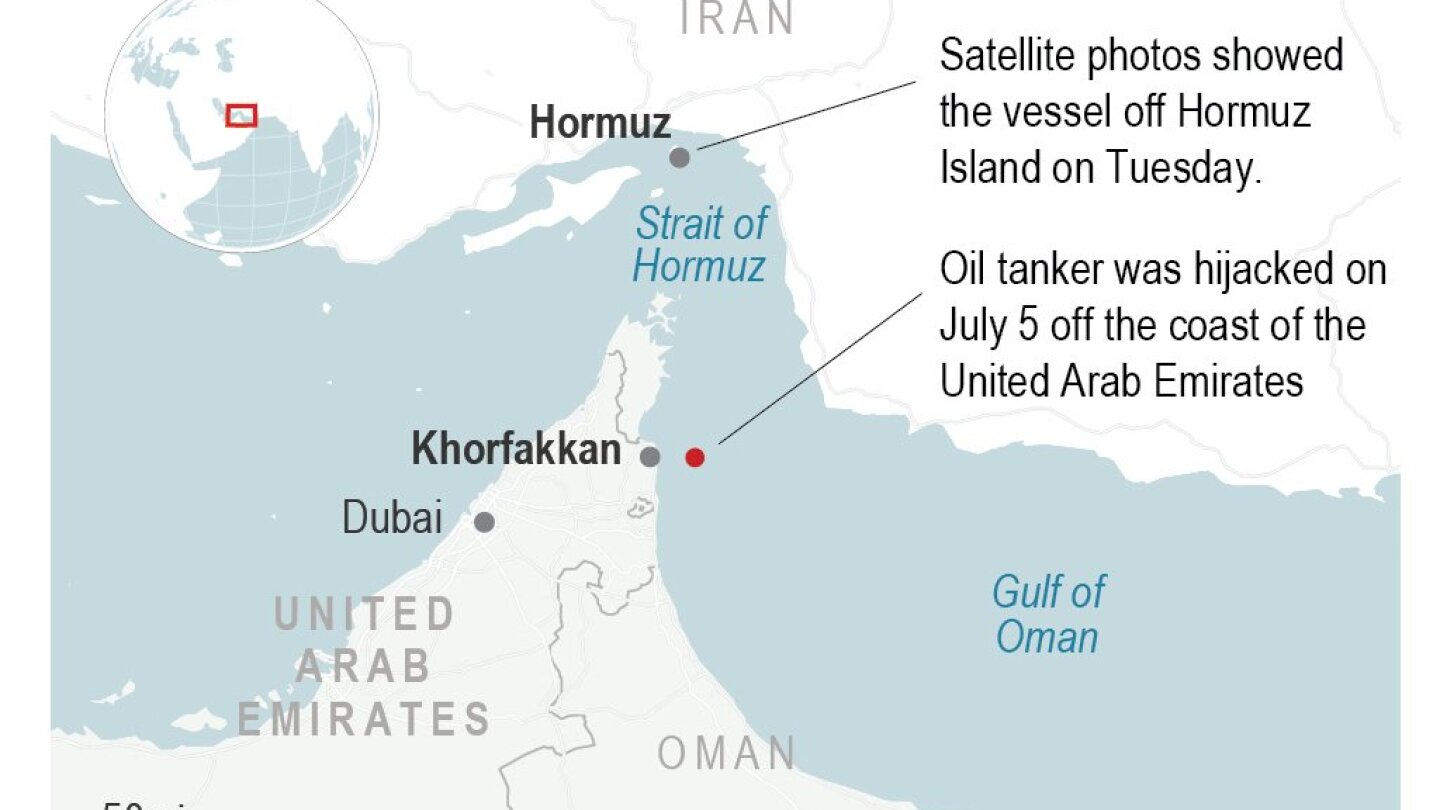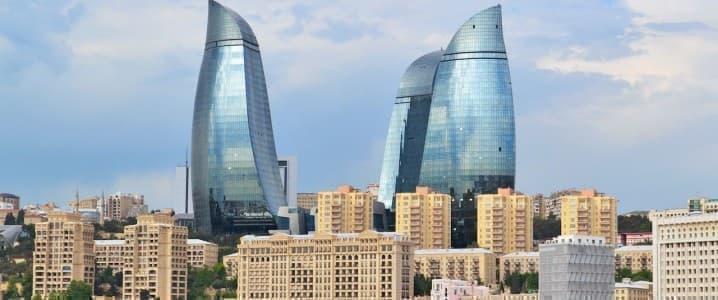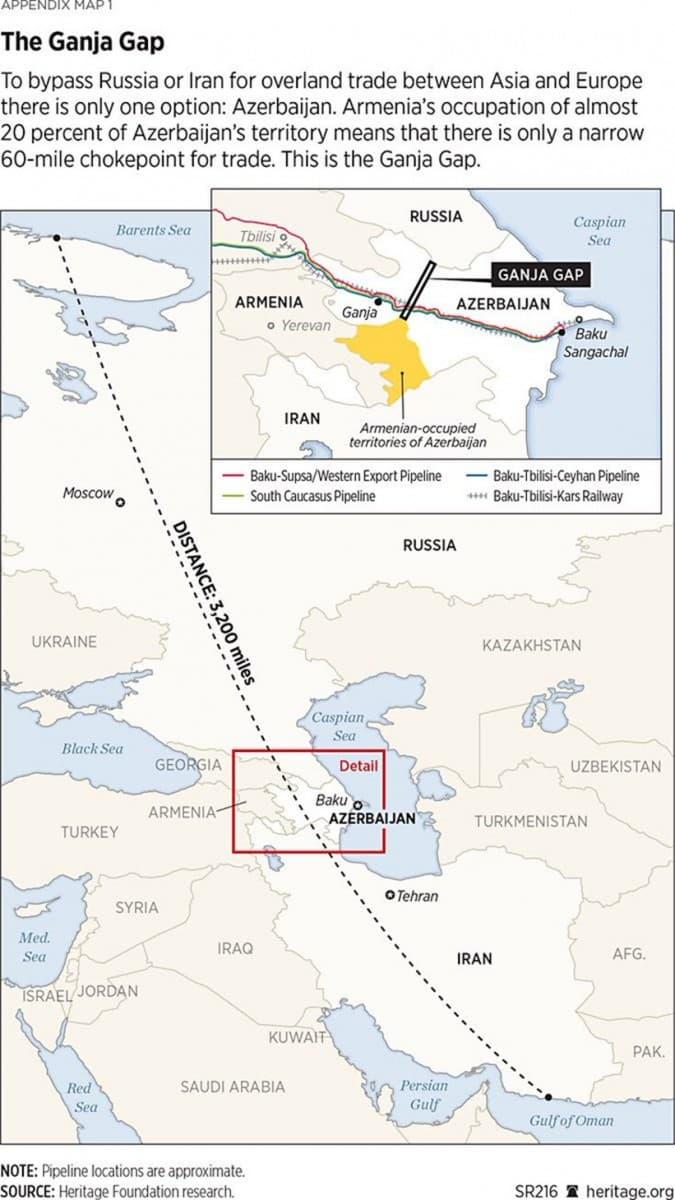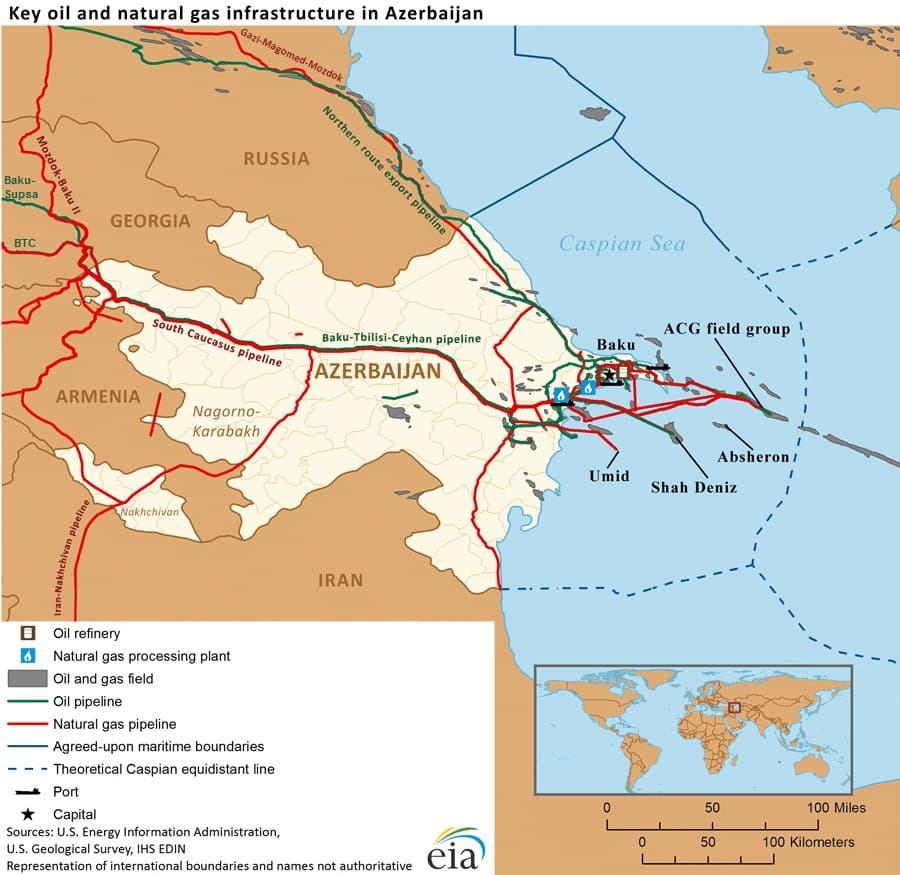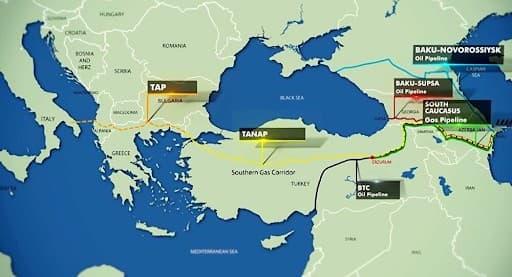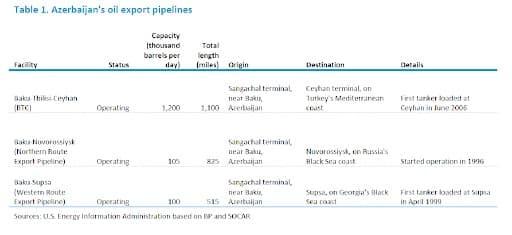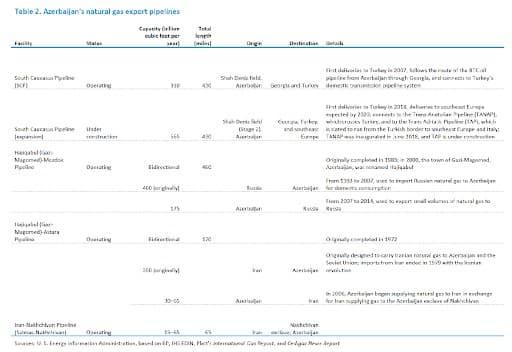Reports shed light on mercenaries, terrorists sent by Turkey to Libya
- The Arab Weekly
- Jul 19 2020 09:50 Gmt+3
- Last Updated On: Jul 19 2020 09:51 Gmt+3
In a development that is bound to cause alarm in Tunisia and other North African nations, Turkey is reported to have dispatched to Libya during the last few months thousands of Islamic extremists, including 2,500 Tunisian ISIS members.
The ISIS extremists were sent to back other militants and mercenaries dispatched by Ankara to fight on the side of the Libyan Government of National Accord (GNA).
According to the Syrian Observatory for Human Rights (SOHR), “Turkish intelligence have transferred Jihadist groups and Islamic State (ISIS) members of different foreign nationalities, from Syria to Libya in the past few months.” These, according to SOHR, included “over 2,500 Tunisian ISIS members” out of thousands of other ISIS-affiliated Tunisians operating in Syria.
If confirmed, the transfer of Tunisian extremists from the remote Syrian battlefield to neighbouring Libya is bound to spark serious concerns in Tunis. The small North African country has suffered major terrorist attacks in 2015 perpetrated by Tunisian ISIS-affiliated extremists after they spent time in Libya. Since the attacks, which caused the death of scores of civilians and foreign tourists, Tunisia has built a 200-km sand barrier and electronic fence on its border with Libya.
SOHR said Friday the most recent batch of jihadist fighters was sent to Libya “a few days ago”.
According to the watch group, “the number of recruits who arrived in Libya rose to 16,100 Syrian mercenaries, including 340 children under the age of 18.”
A new report published Thursday by the Pentagon said Turkey has sent between 3,500 and 3,800 Syrian mercenaries to back the Libyan Government of National Accord (GNA) over the first three months of the year.
The report, published by the US Defense Department’s inspector general, does not detail the nature of mercenary contingents dispatched by Turkey after the end of March even though Ankara has intensified its intervention in Libya since then.
During the last few weeks, the US military seemed to green-light the Turkish military intervention in Libya over growing concerns about Russia’s influence in the North African country, where hundreds of Russian mercenaries were said to be stationed. The White House has however distanced itself earlier this week with Ankara over Turkish naval moves in the Mediterranean denounced as “aggressive” by France.
The quarterly report on counter-terrorism operations in Africa by the Pentagon’s internal watchdog, published Thursday, says Turkey paid and offered citizenship to thousands of mercenaries fighting alongside militias aligned with the GNA, headed by Prime Minister Fayez Sarraj, against troops of the Libyan National Army (LNA) led by Field Marshal Khalifa Haftar.
Despite widespread indications of many of the fighters’ extremist links, the report says the US military found no evidence to suggest the mercenaries were affiliated with the Islamic State (ISIS) or al-Qaida terrorist groups. The US report says the fighters were “very likely” motivated by generous financial packages offered by Ankara.
Later reports by regional sources, including the SOHR watch-group, did however document the presence of Islamic extremists among the fighters sent by Turkey.
The report covers only the first quarter of the year, until the end of March — two months before a string of Turkish-backed advances by the GNA-allied forces in the capital’s suburbs, the stronghold at Tarhuna and a key western airbase.
Haftar’s setbacks trained the spotlight on Turkey’s deepening role in the Libyan war.
The latest report says the Turkish deployments likely increased ahead of the GNA advances in late May. It cites the US Africa Command as saying that 300 Turkish-supported Syrian rebels landed in Libya in early April. Turkey also deployed an “unknown number” of Turkish soldiers during the first months of the year, the inspector general adds.
To the consternation of regional rivals and NATO allies like France, Turkey is staking its hopes for greater leverage in the eastern Mediterranean on the Islamist-controlled government in Tripoli. Ankara’s open military intervention stands in contrast to covert support from foreign backers on the other side of the conflict.
The Pentagon inspector general had reported in its last quarterly review that Russia brought in hundreds of mercenaries to back Haftar’s months-long siege of Tripoli. A private Kremlin-linked military company known as the Wagner Group first introduced skilled snipers and armed drones last fall, inflicting “significant casualties” on GNA-allied forces.
SOHR puts the number of Turkish-backed Syrian mercenaries who were killed in the Libyan war at about 470, including 33 minors and a number of group commanders.
posted for fair use
Total of 2,500 Tunisian ISIS members sent to the North African country, according to watch group.

ahvalnews.com






